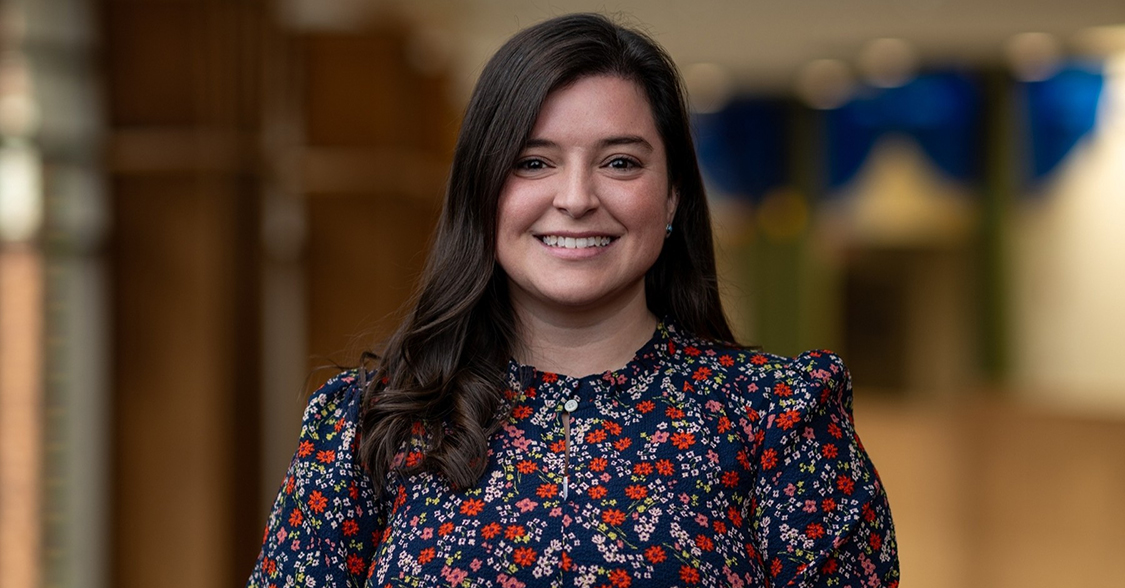
From third grade dream to public health innovator
Laura Arboleda-Merino, MPH ’17
An internship at a local health department further crystallized Laura Arboleda-Merino's interests in public health. She was no longer just interested in treating individual patients, but in understanding and addressing systemic health challenges. Her academic journey led her to the University of Michigan School of Public Health. The transition wasn’t just about academic advancement but about finding a community that resonated with her interdisciplinary approach.
